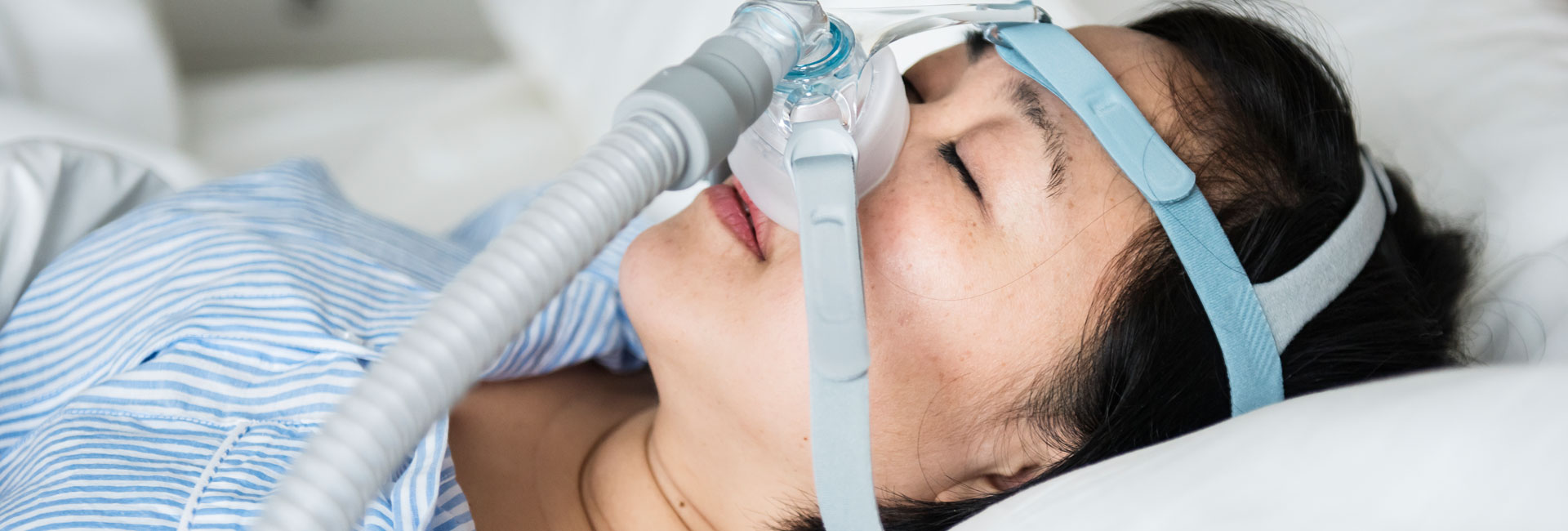Do you or someone in your home struggle with snoring? While it can be an annoying problem, it is often a symptom of a more serious problem: sleep apnea. At Avanti Dentistry, our dentists and team offer sleep apnea treatments in Tysons Corner, Virginia. If you have been diagnosed with this problem, call (703) 952-0663 for your appointment with Dr. Farshad Farhoumand and associates.
Obstructive sleep apnea (OSA) is a serious medical condition characterized by interruptions and pauses in breathing while asleep. These pauses can occur multiple times each night and can last for 30 seconds or more. Sleep apnea occurs when the tongues rolls back in the throat or the soft tissues of the throat collapse, blocking the airway and preventing normal breathing. Some common signs of sleep apnea include:
- Extreme daytime drowsiness
- Insomnia or difficulty staying asleep
- Frequent, loud snoring
- A dry or sore throat upon waking
- Frequent morning headaches
- Personality changes, irritability, anxiety and depression
If you suspect that you or a loved one may have sleep apnea, we recommend that you seek treatment immediately. Sleep apnea contributes to a number of serious medical and health problems, including heart disease, high blood pressure, behavioral disorders, obesity and liver problems. Our dentists and your physician will be able to diagnose the problem and work with you to find a solution that meets your needs and fits your lifestyle.
There are several types of treatment available. If you suffer from mild to moderate sleep apnea, we may recommend oral appliance therapy. A custom oral appliance can keep your airway open so that you breathe easily. More severe cases may require treatment using a CPAP machine or a surgical procedure.
We welcome you to contact our office for more details about sleep apnea treatment and schedule a consultation with our dentists.










